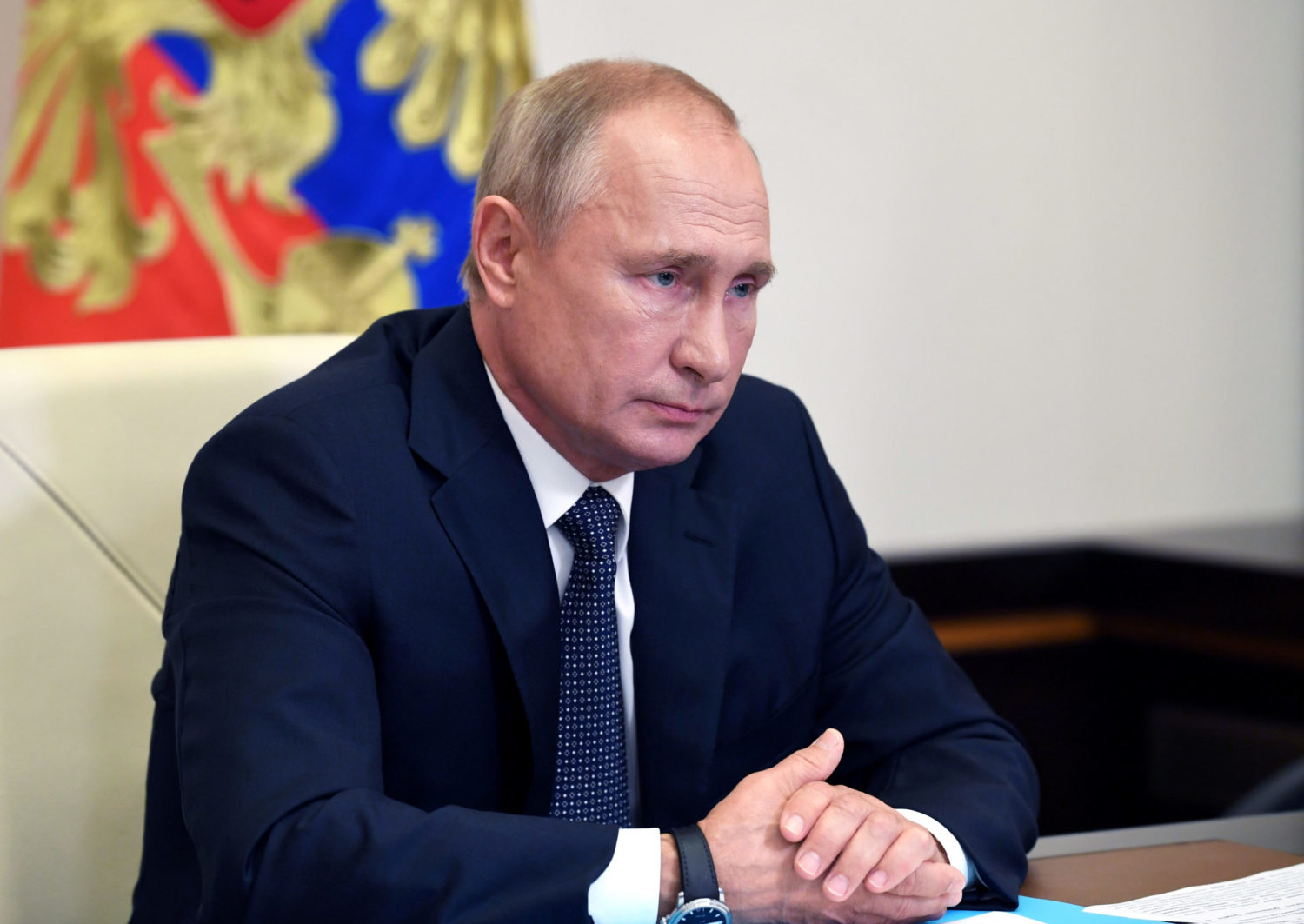
By Parisa Hafezi
DUBAI (Reuters) – If the United States wants an agreement with Iran, it must first come back to Tehran’s 2015 nuclear deal with six powers that Washington abandoned two years ago, Iranian President Hassan Rouhani said on Tuesday.
“Washington’s maximum pressure policy on Iran has failed 100%…If Washington wants an agreement with us, then they should apologize for exiting the deal and return to it,” Rouhani told a televised news conference.
Long-tense relations between the two adversaries have almost come to blows since 2018 when U.S. President Donald Trump ditched the deal reached by his predecessor Barack Obama and reimposed sanctions that have crippled the Iranian economy.
In response to what Washington calls its “maximum pressure” campaign to force Iran to negotiate a new deal, Tehran has breached key limits on nuclear activity imposed by the 2015 accord, under which the Islamic Republic accepted curbs on its uranium enrichment program in return for relief from sanctions.
Trump has pledged to strike a new deal – under which he would seek stricter limits on enrichment, an end to Tehran’s ballistic missile program and involvement in various Middle East conflicts – within weeks if he wins re-election in November.
“Trump has been talking a lot … The next president, whether it is Trump or someone else, must adopt a different approach towards Iran,” Rouhani said.
In response to U.S. sanctions, Tehran has breached key limits on nuclear activity imposed by the 2015 accord.
Last week the United States moved to reinstate global U.N. sanctions on Iran, including an arms embargo, arguing Tehran was in violation of the 2015 nuclear deal even though Washington itself abandoned that agreement two years ago.
Council members France, Britain and Germany (E3), which along with Russia and China remain in the accord, have dismissed the move as void given Washington’s departure from the deal and said it was harming efforts to restrain Iran’s nuclear activity.
But France’s foreign minister, echoing the stance of Britain and Germany, told his Iranian counterpart that Paris was worried about the impact of the arms embargo expiring in October.
“The minister reiterated our concern about Iran’s destabilizing activities and the consequences of the expiration of the…embargo on conventional arms, and told him of the E3’s determination to seek solutions preserving security and regional stability,” ministry deputy spokesman Francois Delmas said.
Prime Minister Benjamin Netanyahu of Israel, Iran’s arch-enemy in the Middle East, urged Britain to join the U.S. bid to reimpose U.N. sanctions during a visit by British Foreign Secretary Dominic Raab to Jerusalem.
“Look at Iran’s aggression today, without a nuclear weapon. What a huge danger Iran would be to the entire world if it did get a nuclear weapon,” Netanyahu told Raab, according to a statement released by the premier’s office.
Iran has repeatedly denied seeking nuclear weapons.
(Reporting by Parisa Hafezi in Dubai, John Irish in Paris and Jeffrey Heller in Jerusalem; Writing by Parisa Hafezi; Editing by Mark Heinrich)











